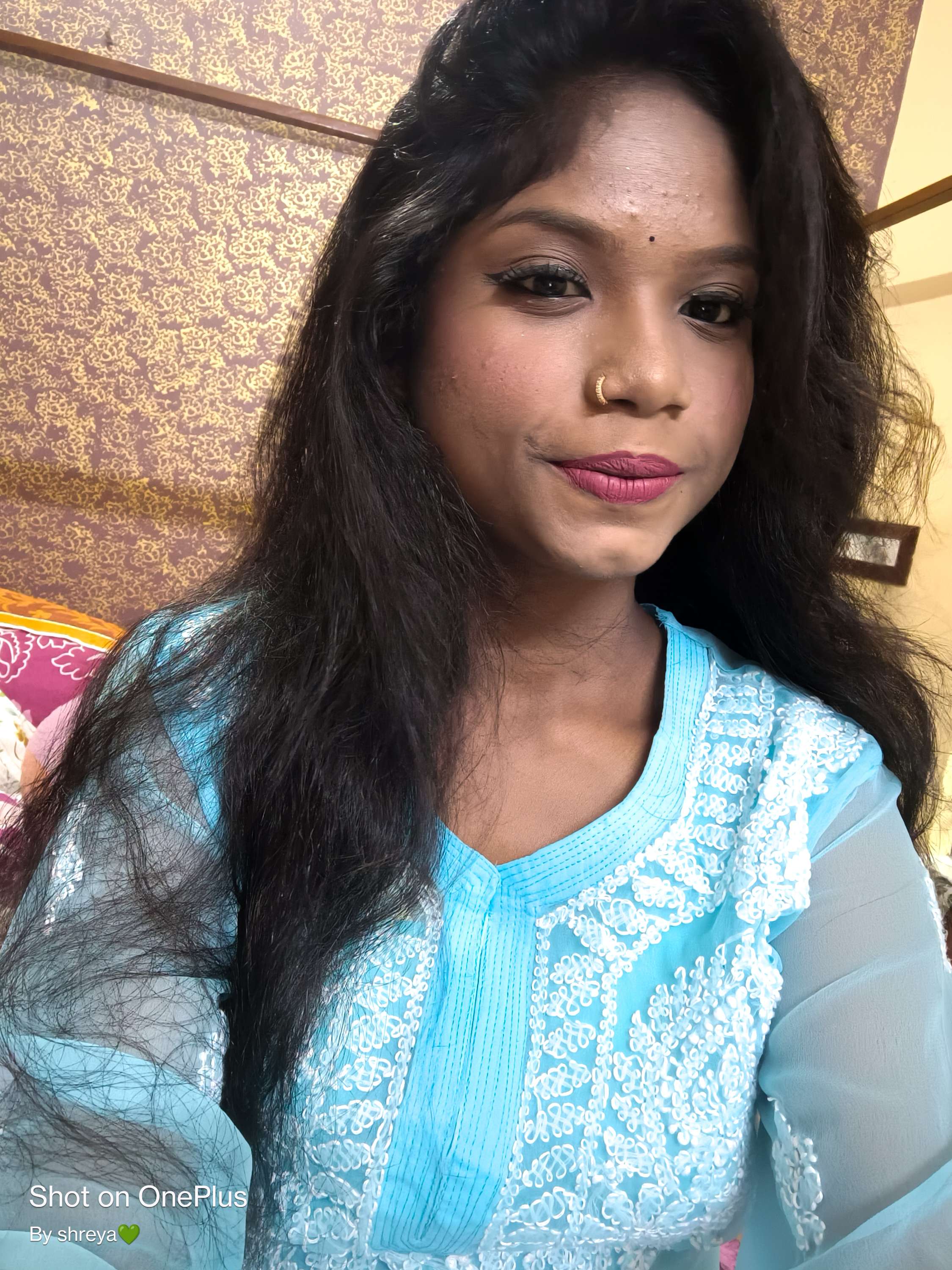Diwali: A Festival Of Light And Joy
- Shreya Giri
- Nov 12, 2023
- 4 min read
Diwali, also known as Deepawali, is one of the most widely celebrated festivals in India and among Indian communities around the world. Symbolizing the triumph of light over darkness and good over evil, Diwali is a vibrant and joyous festival that holds immense cultural and religious significance. In this article, we will explore the origins, traditions, and the contemporary celebration of Diwali, delving into the rich tapestry of customs that make this festival a truly spectacular and meaningful event.

The historical roots of Diwali can be traced back to ancient India, with its origins embedded in various religious and cultural narratives. One of the most popular legends associated with Diwali is the story of Lord Rama, the seventh avatar of the Hindu god Vishnu.
According to the epic Ramayana, Rama, along with his wife Sita and loyal companion Lakshmana, returned to his kingdom of Ayodhya after defeating the demon king Ravana. The people of Ayodhya celebrated his return by lighting oil lamps, or diyas, to illuminate the path and welcome their beloved prince.
Another significant narrative linked to Diwali is the legend of Lord Krishna's victory over the demon Narakasura. Lord Krishna's triumph is celebrated with great fervor, signifying the victory of righteousness over evil forces. These mythological stories add depth and meaning to the festival, creating a cultural tapestry that resonates across generations.
For Hindus, Diwali holds deep religious significance, symbolizing the victory of light over darkness and the triumph of good over evil. The festival spans five days, with each day dedicated to different rituals and celebrations.
The first day, known as Dhanteras, marks the beginning of Diwali and involves the worship of the goddess Lakshmi, the goddess of wealth and prosperity. The second day, Naraka Chaturdashi or Choti Diwali, commemorates Lord Krishna's victory over Narakasura.
The third day is the main day of Diwali, marked by the worship of Goddess Lakshmi and Lord Ganesha, the remover of obstacles. The fourth day is celebrated as Govardhan Puja, and the fifth day is Bhai Dooj, a day dedicated to the bond between brothers and sisters.

The customs associated with Diwali are diverse and colorful, reflecting the cultural diversity of India. One of the most iconic customs is the lighting of diyas and candles, symbolizing the victory of light over darkness.
Homes and public spaces are adorned with intricate rangoli designs, made with colored powders, rice, or flower petals. The exchange of gifts and sweets is a common practice during Diwali, fostering a sense of love and unity among friends and family.
Fireworks are a prominent feature of Diwali celebrations, with vibrant displays lighting up the night sky. While the bursting of crackers adds to the festive atmosphere, there is a growing awareness of the environmental impact, leading to calls for eco-friendly and sustainable celebrations. Many people now opt for noiseless and pollution-free Diwali celebrations, emphasizing the importance of environmental consciousness.
Feasting is an integral part of Diwali, with families preparing a variety of sweets and savory dishes. Special prayers are offered to seek the blessings of Goddess Lakshmi for wealth and prosperity. In many regions, the festival is also an occasion to clean and decorate homes, signifying the removal of negativity and the welcoming of positive energy.
While Diwali has its roots in Hinduism, its celebration has transcended religious and cultural boundaries. Indian communities around the world, whether in the United States, the United Kingdom, Canada, Australia, or elsewhere, come together to celebrate Diwali with enthusiasm. The festival has become a global celebration of lights, uniting people from different backgrounds in the spirit of joy and festivity.

In multicultural societies, Diwali is often acknowledged and celebrated by diverse communities. Public spaces are illuminated, and cultural events showcase the vibrancy of Indian traditions. Diwali's global reach highlights the importance of cultural exchange and the universal appeal of its themes of light, hope, and triumph over adversity.
While Diwali is a time of joy and celebration, it also poses challenges, particularly concerning environmental sustainability. The widespread use of firecrackers has raised concerns about air and noise pollution, prompting calls for more eco-friendly celebrations.
Many individuals and communities are embracing alternative ways to celebrate Diwali, such as organizing community events, cultural performances, and charitable activities that contribute positively to society.
The commercialization of festivals is another challenge, with the focus sometimes shifting from traditional values to consumerism. Striking a balance between preserving cultural and religious traditions and adapting to contemporary values is a delicate task faced by many during Diwali.
Conclusion
Diwali, the Festival of Lights, is a celebration that goes beyond religious and cultural boundaries. Its significance lies in the timeless themes it represents – the victory of light over darkness, good over evil, and the importance of hope and positivity in our lives. As Diwali continues to evolve, embracing environmental consciousness and adapting to contemporary values, it remains a testament to the resilience of traditions in the face of change. In the glow of diyas and the warmth of shared celebrations, Diwali continues to unite communities, fostering a sense of joy, togetherness, and the enduring spirit of festivity.

About the Author
Shreya Giri is a talented SEO content writer with a unique flair for captivating readers. With a bachelor's degree in geography, her passion for crafting exceptional content shines through in every word she writes. Shreya's expertise lies in her ability to seamlessly blend language and storytelling, effortlessly capturing the attention of her audience.
She is currently pursuing a Master's degree in geography and has a remarkable talent for transforming intricate concepts into captivating narratives that have a lasting impact. With Shreya, you can expect excellent, captivating content that will keep you engaged from beginning to end.
You can connect with her through-
My-Lekh profile- lekh.com/profile/shreyagiri06/profile LinkedIn profile- https://www.linkedin.com/in/shreya-giri-a0a607265
Email- shreyagiri06@gmail.com





Comments